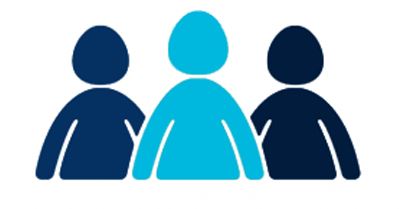English Literature
In English Literature we engage with what is really interesting about studying literary texts: exploring how deeper meanings arise, debating the issues that texts raise and developing our own critical interpretations.
Building on your enthusiasm for literature and a confident set of GCSE skills, you will experience a broad range of texts, authors and forms. Taking part in exploratory discussions will enable you to express, develop and challenge your own opinions, and to discover and utilise your own critical voice.
POSSIBLE CAREER PATHS:
- Advertising
- Journalism
- Law
- Librarian
- Marketing
- Media Productions
- Public Relations
- Publishing and Writing
The skills you will develop are invaluable for further academic study and employment: students of literature are thoughtful, analytical, and can express their ideas with confidence and eloquence.
Course content
Paper 1: Aspects of Tragedy (40%)
In Paper 1, you will explore classic and modern texts through the lens of tragedy. You’ll examine how writers craft tragic narratives by analysing Othello, Death of a Salesman, and a selection of John Keats’ poetry. You will engage with key concepts such as dramatic structure, moral conflict, hamartia, and catharsis, considering how each author navigates the emotional and philosophical dimensions of human suffering.
Paper 2: Elements of Crime Writing (40%)
Paper 2 introduces you to the conventions of crime fiction, ranging from the classic detective structure of The Murder of Roger Ackroyd to the psychological and moral complexities explored in Atonement. You’ll examine how writers construct suspense, manipulate narrative structure, and interrogate ideas of justice, morality, and power. You’ll also develop your analytical skills through unseen extracts and critical responses that trace the evolution and diversity of the crime genre.
NEA: (20%)
You will write two essays, each between 1250–1500 words: one on a prose text and one on a pair of poetry texts. Both essays will explore connections between texts, and you must demonstrate how your writing is informed by the theory in the Critical Anthology.






